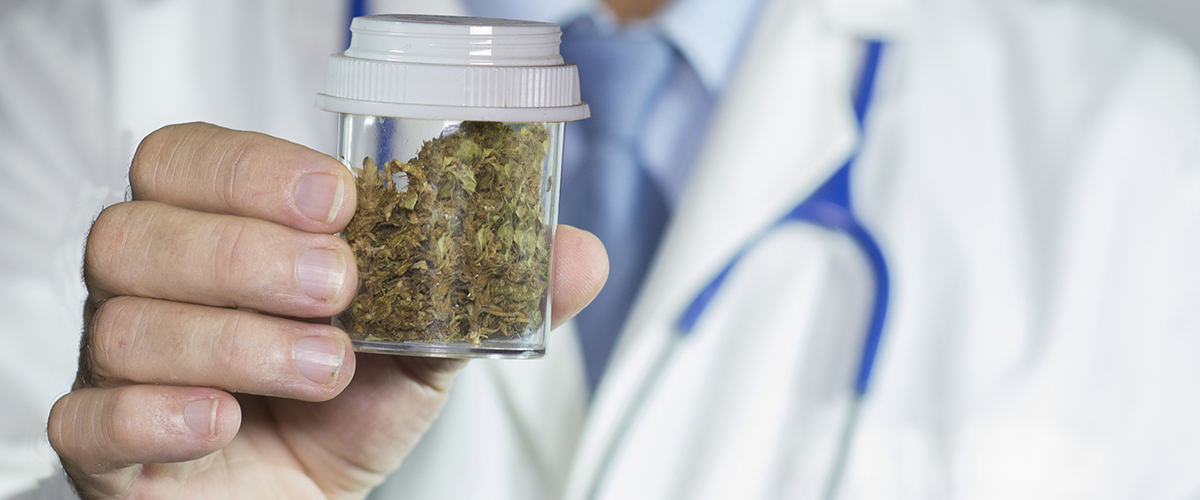The state’s Medical Marijuana Advisory Board had recommended the changes, which are meant to lower costs and expand access to more patients.
By sometime this summer, Pennsylvania’s medical marijuana patients will be able to legally obtain the product in dry leaf or plant form. State Health Secretary Rachel Levine last week said she will approve the state’s Medical Marijuana Advisory Board’s recommendation to expand the menu of dispensary options to include marijuana flower.
Medical marijuana became available for patients to buy from dispensaries in February and has already expanded quickly. According to state data, the program has 30,413 registered patients and 11,900 with ID cards have obtained medical marijuana at a dispensary.
State law prevents the distribution of marijuana products that are designed to be smoked. The advisory board voted 11-0 to allow flower, maintaining it was for “administration by vaporization.” Levine also touted that the option of flower, which requires less processing and is therefore less expensive to produce, would lower costs for patients. The regulations that enact the changes will go into effect May 12.
“By being able to provide medical marijuana in plant form, producers will be able to get medicine into the hands of patients much more quickly and for much lower cost to patients,” said Becky Dansky, legislative counsel for the Marijuana Policy Project, who had helped spearhead the effort to legalize medical marijuana in the state.
“This is vitally important for patient access right now while the program is still getting off the ground and production is not yet at full capacity. We hope these rules are promulgated as quickly as possible so even more patients will be able to find relief.”
Pennsylvania’s medical marijuana program is currently operating with only two growers and processors, which have led to temporary shortages. Six more growers and processors, and eight more dispensaries are expected to come online in the coming months.

Expanding Access to More Patients
Levine has also agreed to expand the program’s list of qualifying conditions to include use in cancer remission and opioid-addiction therapies, as well as neurodegenerative and spastic movement disorders.
The list had already included 15 conditions, including amyotrophic lateral sclerosis (ALS), cancer, Crohn’s disease, inflammatory bowel syndrome, neuropathies, epilepsy, autism, post-traumatic stress disorder (PTSD), sickle cell anemia, Parkinson’s disease, multiple sclerosis, HIV/AIDS, glaucoma, and chronic or intractable pain.
Levine also approved board recommendations to allow physicians to participate and legally certify patients for medical marijuana without having to have their name listed on the public registry. So far, nearly 1,000 doctors have registered with the state, and the move is designed to encourage more physician participation.
Pennsylvania officials have made it clear they intend to protect their medical marijuana program and its patients from federal government interference. After Attorney General Jeff Sessions last year attempted to eliminate federal medical marijuana protections, Gov. Tom Wolf responded to him with a sharply worded letter. State cannabis regulators have also announced they will no longer share their registry of patients with state law enforcement.
Pennsylvania was the 24th of now 29 states to pass and implement an effective medical marijuana law. The state’s program is expected to eventually become one of the nation’s largest.
Learn More about Medical Marijuana
You can learn more about state and federal medical marijuana laws through our education page, or keep up with the latest cannabis industry updates through our news page.






